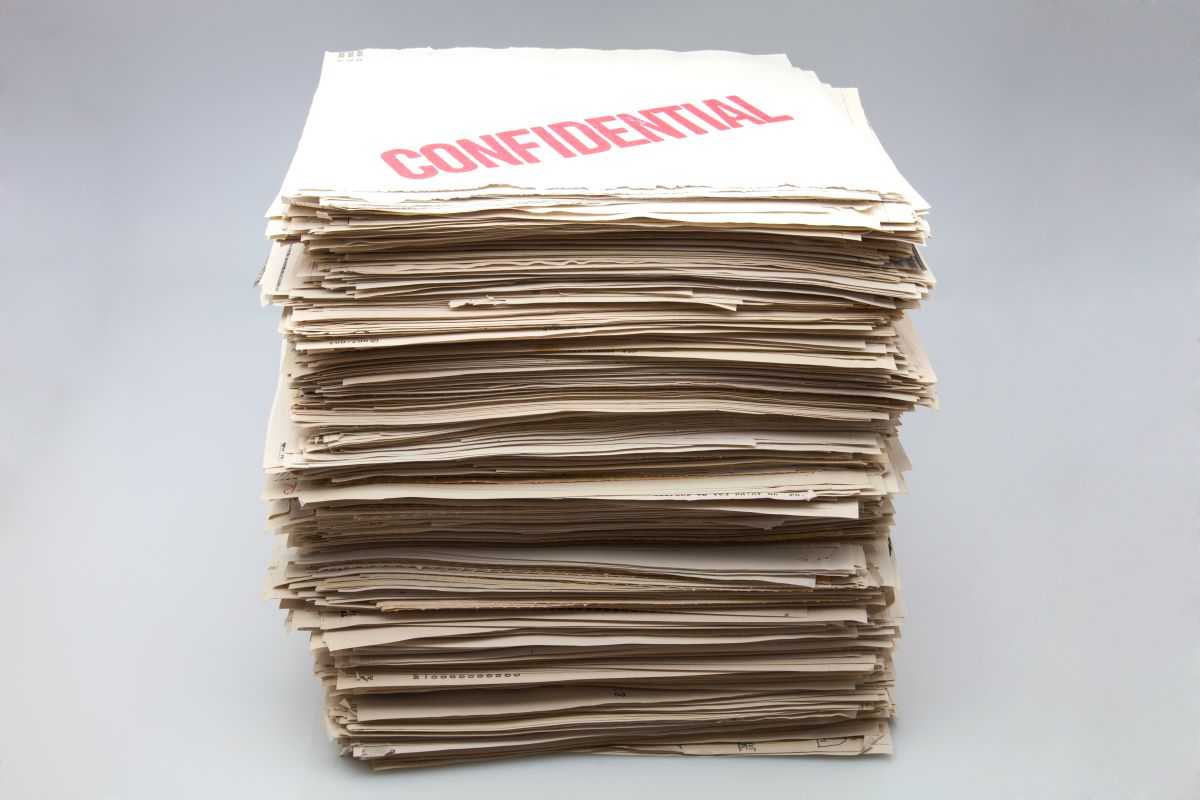Any time you’re sharing confidential information with third-parties, whether to your employees or business partners, it’s a good idea to have them sign a non-disclosure agreement (NDA) or confidentiality agreement form to protect any sensitive information. When an individual or organization signs an NDA, it means they acknowledge that information is sensitive and agrees that not to disclose it to other parties.
An NDA is a legal contract outlining the information that the parties to the agreement wish to share while restricting access to third parties. In essence, its purpose is to preserve confidential information, including songs, methods of operations such as using Insta Graphic Systems technology for merchandise, and other creative matters.
However, the issue here is that some NDAs go beyond people’s rights. To protect yourself from this — here’s the truth about NDAs and your rights as a signee.
NDAs Should Be Specific
NDAs, according to the law, should be reasonable and specific about what’s deemed ‘confidential’ and not. It’s prohibited to use language that’s too broad, unreasonable, or onerous — and any contract that meets any of these criteria will get voided automatically. A court may also challenge or reject expansive, oppressive agreements or those trying to cover non-confidential details. Subsequently, if the information gets released to the public, NDAs can no longer be enforced.
You Have the Right to Complain
A common myth that signees believe is that when they sign an NDA, it automatically prevents them from exploring legal options or being bound to the contract with no way out. However, the reality is that an NDA can’t prohibit a worker from filing a good faith complaint against executives that are violating the law. Signees have the right to complain, and they can send it to the Occupational Safety and Health Administration (OSHA) or the Equal Employment Opportunity Commission (EEOC).
You Can Forfeit Your Right to Speak Out
Many workers are unaware of their rights when it comes to an NDA, and despite the numerous options available, the language in their agreement may make them feel ‘limited. Although NDAs are legally binding, they’re usually connected with a ‘severance package’ or final paycheck — and if employees sign this, they can forfeit their right to speak out.
You Can Request for More Time Before Signing
Typically, companies give out NDAs when a new employee gets hired, fired, or is finalizing a settlement. But it can be overwhelming on the worker’s part, and some employees tend to be pushy — and force you to sign it. However, individuals have the right to ask for additional time to read through the agreement before signing.
Before you sign anything, it’s best if you read the contract thoroughly beforehand or at least 72 hours to understand what you’re getting yourself into, and it’s best if you seek out a lawyer to give you a better insight into the agreement.

You Have the Right to Ask for Legal Advice
As a signee, you have the right to seek independent legal advice when presented to sign an NDA and have the employer pay for the fees. That’s because some NDAs can be confusing, especially to those without any legal knowledge or experience in the field before, so seek clarification on any vague or unfamiliar terms you face with a lawyer.
Whether you’re the one making an NDA for your employees or currently debating to sign one for your new job, do research first, familiarize yourself with the concept of NDA, and know your rights, like the ones mentioned.
